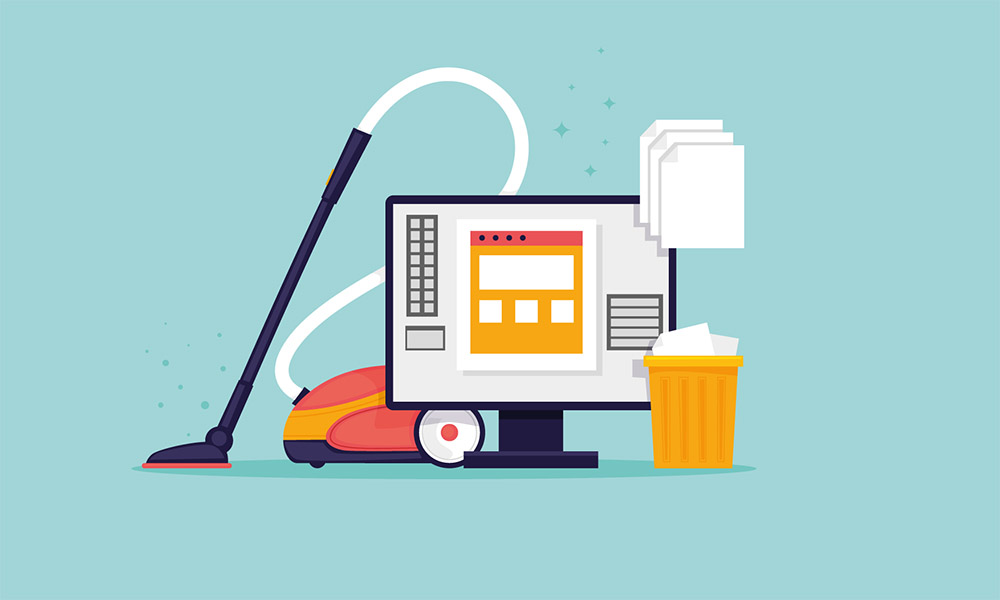
Cybersecurity spring cleaning you should do
Even though it really doesn’t look like it right now, it is, technically at least, spring. As everyone knows, then, that means it’s time for some annual deep cleaning.
It’s good practice to extend your spring cleaning to your digital devices and, this year, there’s an extra incentive to do so, which is that GDPR is less than a month away. With that in mind, here are five digital spring cleaning tips to get you going.
1. Declutter and (safely) dispose of your old devices
Reduce, reuse, recycle is a great motto for life, and that includes IT, but it is not intended as a justification for hoarding old gadgets, cables, chargers, storage media or anything else IT-related “just in case”.
Now is the time to declutter and purge, and this must be done safely (meaning you should make sure any data is treated appropriately before moving the device on to resale or recycling). This could also be a good time to audit the devices you use to ensure that your records match reality.
2. Give your existing devices a physical clean up
This can help to extend the life of your devices as well as make them more pleasant to use. Degunk your keyboards, clean up your screens, literally blow the dust of your towers, and look at cable clutter and see what you can do to tame it.
While you’re at it, double-check that everything is set up as ergonomically as possible for your comfort and safety when you’re at work.
3. Streamline your communication channels
Over recent years, organisations have been making increasing efforts to become available to customers through a variety of channels and this is great if you have the resources to manage it.
For SMEs, however, it’s generally better to be highly effective at communicating over a few channels than just OK at communicating over all of them.
Similar comments apply to internal communication. Do you really need all the internal channels you use? Remember, the fewer channels you use, the fewer channels you have to manage.
4. Update your software and your security settings
In an ideal world, you’ll be applying all software updates automatically, so now would be a good time to check that this is happening.
In any case, if you have updates to apply, apply them now. Similar comments apply to your security settings and now could be an excellent opportunity to update PINs and passwords.
5. Declutter and purge your digital life
This will stand you in good stead for GDPR and, just as importantly, it can help to preserve your sanity. In simple terms, if data is important it needs to be organised and stored effectively, which means that it is accessible (to the extent required) as well as secure. Or, to put it another way, people need to know where to find it when they need it. If data is not important, then it needs to be deleted (with an appropriate degree of security).



